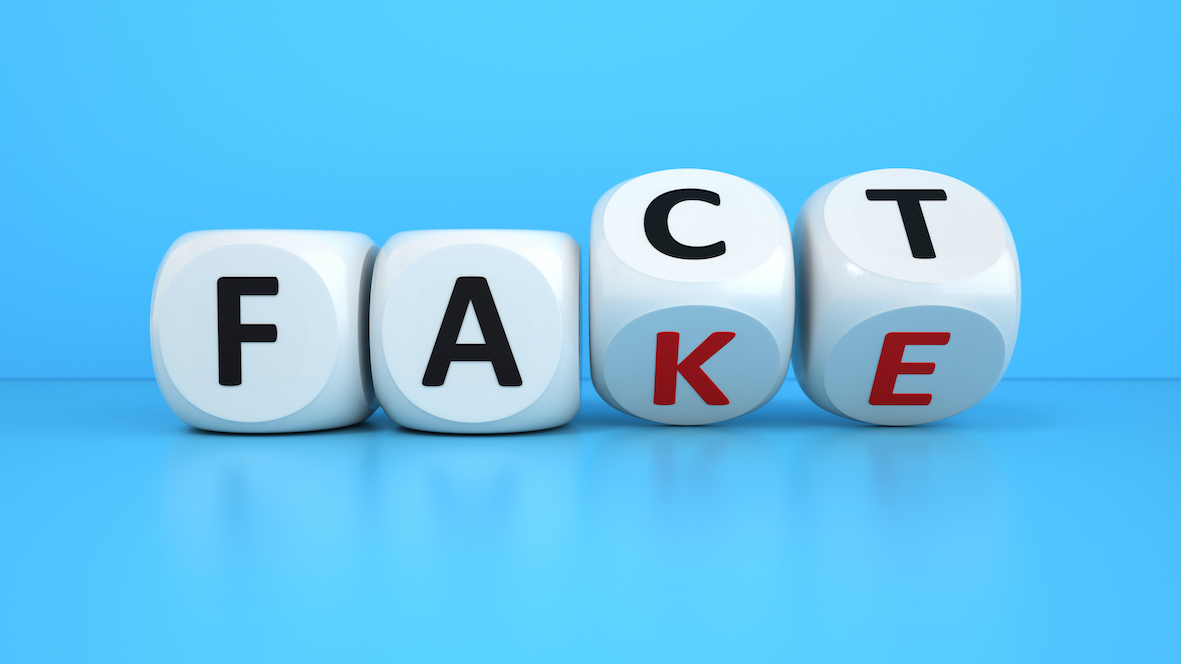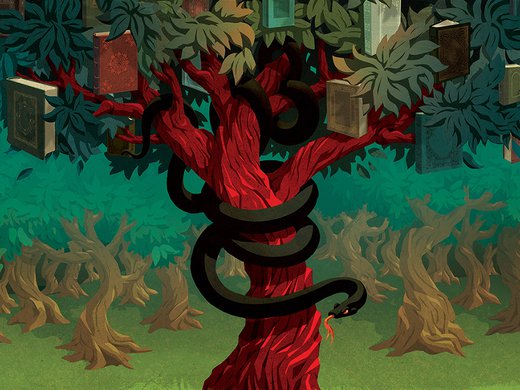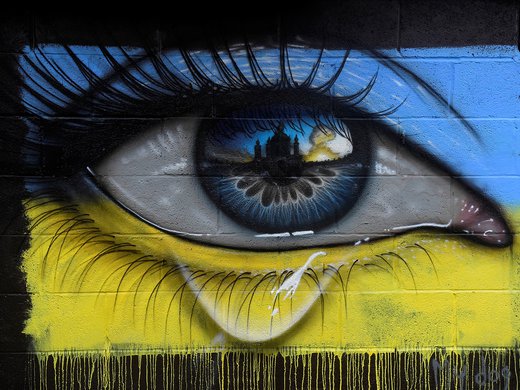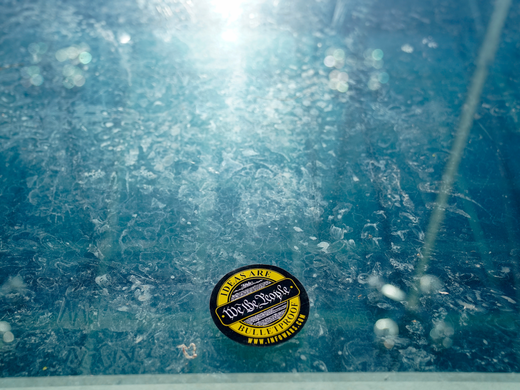A few weeks ago, one of my Twitter threads went viral. Unusually, it was not a gripe, a meme or a bad news story. Instead, it celebrated the achievements of my undergraduate students in a history of international relations class at the University of British Columbia (UBC). The students had to find a topic without a Wikipedia page and write that entry.
My thread listed all the students’ entries, on topics ranging from the work and life of Anne Zelensky (a French feminist) to the Organization of African Trade Union Unity to the NATO Nuclear Planning Group. The authors covered topics like agreements (Lacy-Zarubin Agreement), animals (trench rats) and diplomatic issues (the Peruvian Havana Embassy Crisis of 1980). Their pages had collectively garnered more than 250,000 views in six weeks.
Often, in their discourse about social media, policy makers focus on how to delete or demote egregious content online. Platforms, too, detail in their public-facing reports how they delete content, including through the use of artificial intelligence. While questions around illegal content and algorithmic accountability are crucial, we spend far less time discussing how to create high-quality information online in the first place.
This is one small role that I can play through my teaching (and so could many others!). The recent assignment I gave my students fulfilled a triple function: it taught students critical thinking about online sources; encouraged them to become active contributors to the most-used encyclopedia on earth; and improved the diversity of Wikipedia pages.
The first function is to improve students’ critical thinking about online sources. Too many teachers had simply told my students not to trust Wikipedia. But they obviously still used Wikipedia frequently. Rather than banning a tremendously common source, I wanted students to learn about it and understand how it really worked. As students worked on the assignment, we also talked about issues such as the gender balance of Wikipedia’s editors (75–80 percent male!) and the distribution of articles.
The first part of the assignment asked students to find subjects without Wikipedia pages; most students were genuinely shocked at how easy it was to identify missing pages, notably entries on women and non-binary people, as well as on many non-Western topics. Students came to understand Wikipedia’s strengths and weaknesses.
The second step was to get students actively contributing. Much media and online literacy focuses on critiquing existing materials, but this approach can have the unintended effect of making one cynical about all online information and passive about its consumption. If students have to write their own pages, they learn about how to find reliable secondary sources and how to write in a “neutral” tone (although we also debated what Wikipedia means by “neutrality”).
Even so-called “digital natives” were quite apprehensive about editing Wikipedia. In fact, one of the hardest parts of the assignment was assuaging the authors’ anxiety about contributing to this platform. I used the Wiki Education Dashboard to teach students how to edit articles. And I have tried to turn their apprehension into excitement at contributing to an open-source body of knowledge. With patience and guidance, they were able to produce entries of extremely high quality.
After completing their pages, my students wrote individual self-reflections. These often mentioned that they found the entry more meaningful than other undergraduate work and that they’d really learned what an argument was by not being allowed to have one, because Wikipedia requires neutral encyclopedia articles. (For more on the pedagogical approach, you can listen to me on this podcast.)
My final aim was to improve the quality and diversity of information on Wikipedia. Wikipedia’s problems won’t surprise many readers, as they resemble representation issues offline and online. Women are less eager to edit the database and must use “sophisticated tactics” to remain safe like choosing less controversial topics to edit. English-language Wikipedia hosts more than 1.5 million biographies but less than 20 percent are about women. Even worse, scholar Francesca Tripodi has shown that Wikipedia editors more frequently deem biographies of women as “non-notable” and request their deletion than they do for biographies of men.
But, in contrast to the situation with many other platforms, there is more we can do. An article in Nature in May 2022 called for academic institutions to “close Wikipedia’s gender gap” and offered lots of excellent ideas about how to do this, including by hiring a Wikipedian-in-residence or creating edit-a-thons. The article focused on science, technology, engineering, mathematics and medicine. But other subjects, such as history, can also be of tremendous service. After Russia invaded Ukraine on February 24, it was even more important that one set of my students was writing about nuclear power in Kazakhstan, another former Soviet republic, for example.
Beyond contributing to the diversity of Wikipedia, and thus our collective online ecosystem, the assignment bolstered students too. I have a very diverse international body of students. Here, they could really apply their skills, such as second or third languages and cultural competencies. For example, some students might translate secondary sources from their mother tongue, while other native English speakers might edit the group’s Wikipedia page. The crafting of Wikipedia entries helped to elevate the students’ range of skills and make each one feel valued.
Finally, Wikipedia is an anomaly, as the only non-profit website among the top 50 most visited global websites. But it renders an invaluable service, as does the Internet Archive, to name another example. In regulation, policy makers all too often forget about non-profits such as Wikipedia and the Internet Archive. There may not be many such sites, but they deserve attention. It is also worth asking why we ended up with a Web for profit rather than a Web of Wikipedias.
If 103 UBC students can make such a difference in the world, it’s heartening to imagine what would happen if more of us put in that effort.



